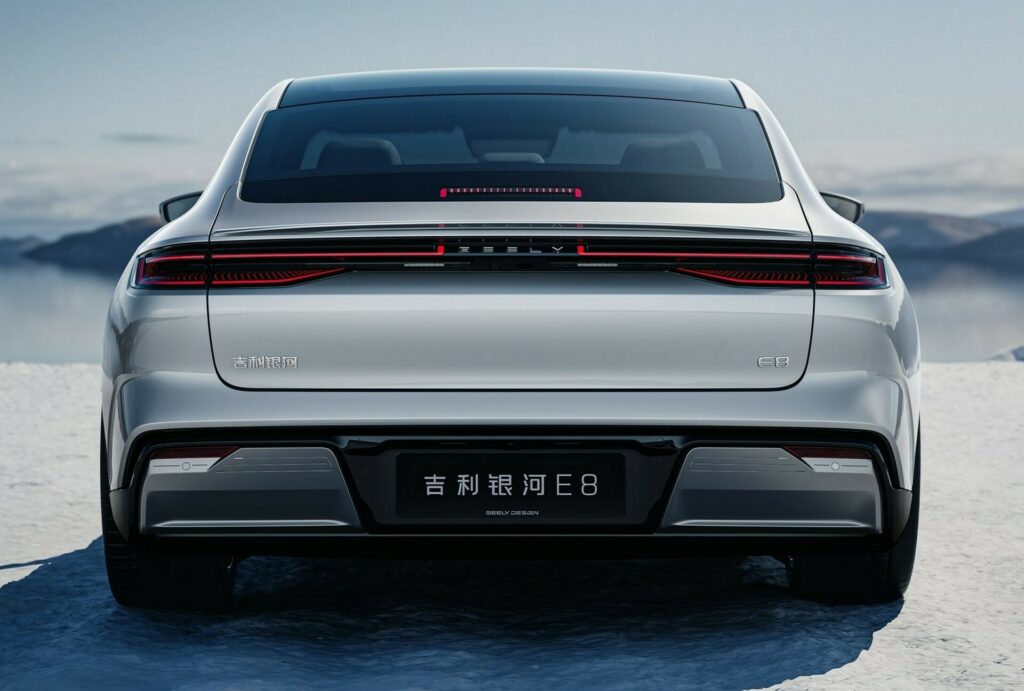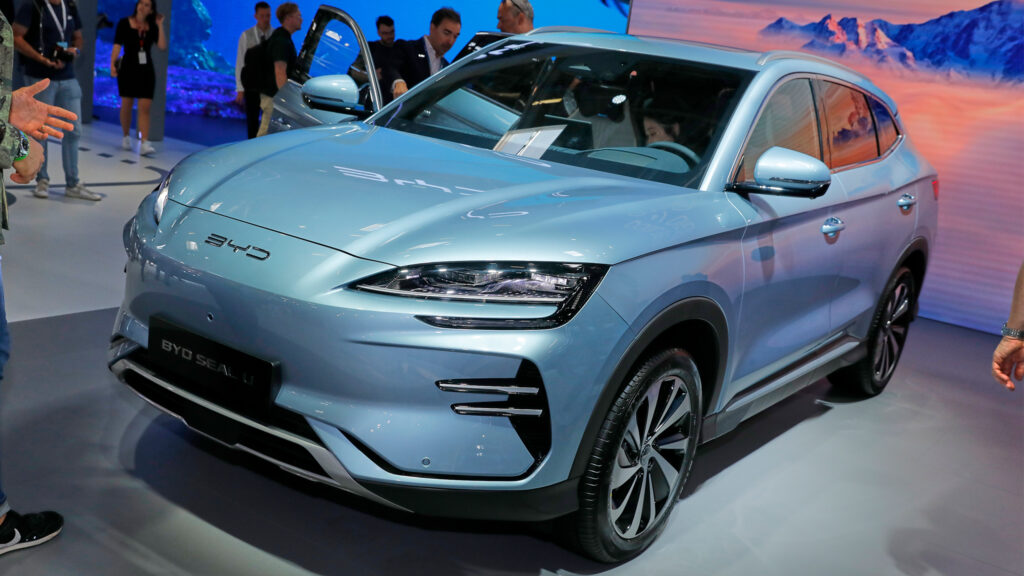- The European Commission will decide whether to enforce tariffs on Chinese EVs this month.
- Some Chinese car manufacturers will shift more production to Europe.
- The country has threatened to retaliate with tariffs on imported vehicles with large engines.
New European Union tariffs on Chinese electric vehicles could cost Beijing $4 billion in trade and force companies to increase production within the EU.
A study from Kiel Institute for the World Economy predicts that if the EU slaps Chinese EV imports with 20% tariffs, then approximately $3.8 billion worth of EVs from China will no longer be imported into the EU. This would mean roughly 125,000 fewer Chinese EVs would land in the bloc. Sales of domestically produced EVs could grow by as much as $3.3 billion to compensate.
Read: BYD Could Build Second EV Factory In Europe
The European Commission is winding up an investigation into whether Chinese EV makers have received unfair government subsidies and must inform Chinese exporters if tariffs will be imposed by this month. Tariffs are expected to result in increased costs for consumers.
“For consumers, this is likely to result in higher prices for electric vehicles because production within the EU is significantly more expensive than in China due to higher energy and material prices and, above all, significantly higher labor costs,” Kiel Institute trade researcher Julian Hinz said. “However, it is by no means a foregone conclusion that European car manufacturers will fill the gap, Chinese manufacturers such as BYD could also meet local demand with new plants in Europe.”

Kiel’s simulation does not consider any retaliatory measures China is expected to make if the EU announces new tariffs. China has said it could impose tariffs as high as 25% on vehicles with large engines, a change that could impact many European automakers, including Mercedes-Benz and BMW.
BYD could prove to be one of Europe’s biggest Chinese EV makers. The car manufacturer is already working on its first electric car factory in Europe, located in Hungary, and last month, it revealed it’s investigating a potential second car factory on the continent. A key part of BYD’s European expansion will include launching a local version of the Seagull.




